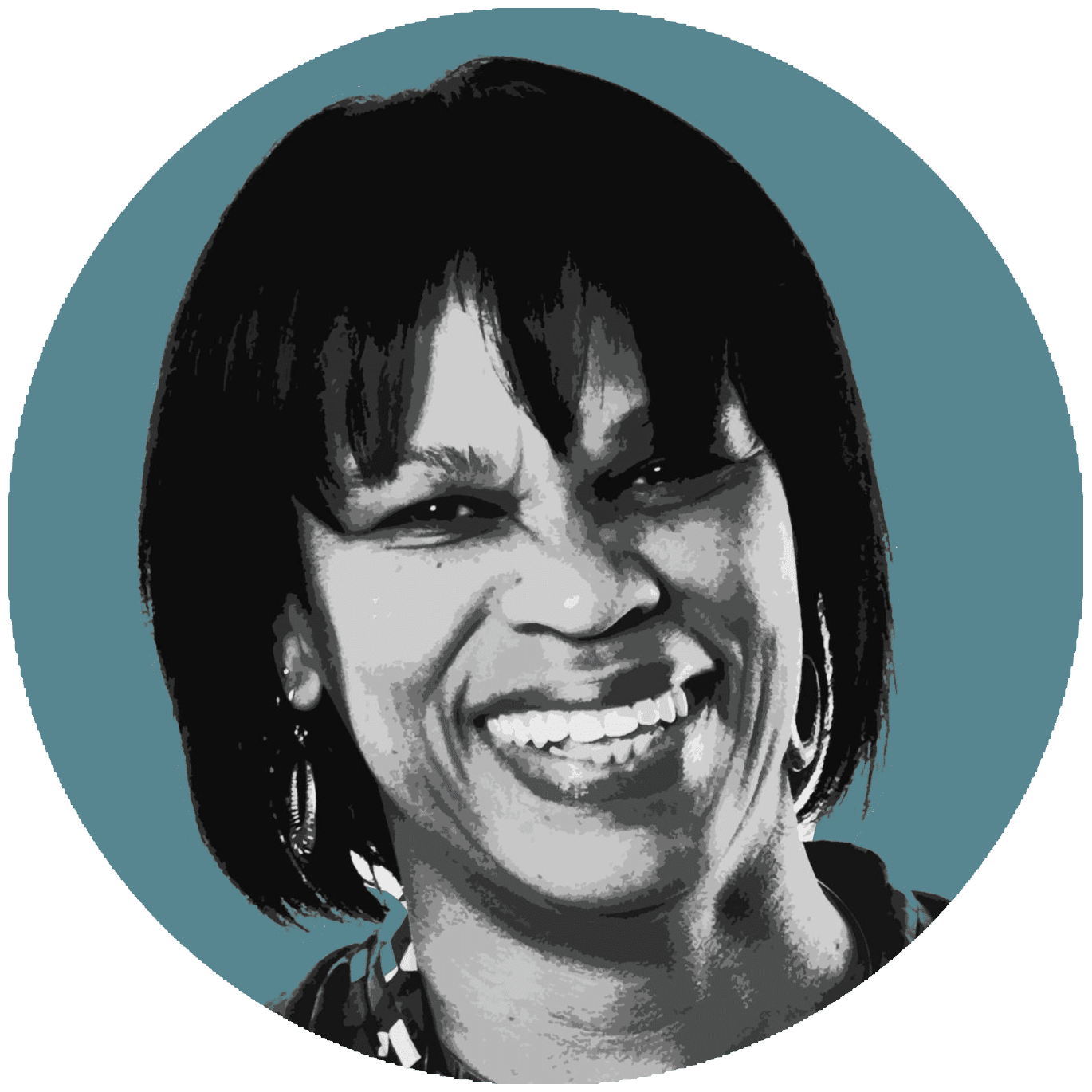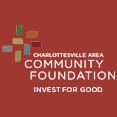
-
About Our Mission
Learn about our mission and how you can support our continued efforts to promote the Center's growth.
-
Our History & Future
Learn about our history and how our history drives our purpose and shapes the future we hope to have.
-
Contacting Our Staff
Get to know our staff and the role that they play in pushing our Center's mission forward.
Our Mission
Highlighting African American history and culture of the African diaspora.
Located in the historic Jefferson School City Center, the Jefferson School African American Heritage Center’s mission is to honor and preserve the rich heritage and legacy of the African American community of Charlottesville/Albemarle, Virginia and to promote a greater appreciation for and understanding of, the contributions of African Americans and peoples of the Diaspora.
Equity Statement:
The Jefferson School African American Heritage Center (JSAAHC) strives to build a culture where diversity of all kinds, including diversity in race, ethnicity, gender, gender identity, sexual orientation, nationality, religion, veteran status, physical and mental abilities, political philosophy, socio-economic status and intellectual focus, is viewed as a strategic imperative. The JSAAHC is committed to developing people and ideas that will solve humanity’s toughest challenges. We are called not just to observe, but to participate in the change we wish to see. In confronting issues of racial justice and equity, we aspire to bring forward the very best thinking of our colleagues, our policy and action practitioners. We are eager to contribute meaningfully to this national dialogue, with courage, ambition, humility, and hope.

Our Beliefs
Our Goals
Our Center is a convening space for visitors to consider the intersections of local and global social practice and to gain a greater understanding of ourselves and others.
Our Work
Through a series of interdisciplinary programs we describe the cultural production and historical relevance of Black people from the post-Emancipation era to the present moment.
Our History
The Jefferson School opened in the fall of 1865 as a Freedman’s School. First located on West Main Street at the site of the Delavan hotel, which it shared with the burgeoning First Baptist Church, it was both a graded and a normal school. In 1894 the Jefferson Graded School moved to 4th Street NW in the area that would evolve to be the center of African American social and commercial life. The Jefferson High School opened in 1926, consolidating Black education into one area. It continued as the only Black high school in the city until 1951, when Jackson P. Burley High School was opened. The Jefferson School then reverted to an elementary school until its closing as a Black school in 1965
Our Future
The Jefferson School African American Heritage Center opened in 2013 as an anchor tenant of the Jefferson School City Center. It offers a wide range of interdisciplinary programming including its permanent exhibition, Pride Overcomes Prejudice, that tells the history of the Jefferson School through the voices of alumni and community members. It further offers rotating contemporary art exhibitions featuring artists of the diaspora, lectures, as well as annual public celebrations. The JSAAHC is also home to the Center for Local Knowledge, which researches the history of Albemarle County and the surrounding region from enslavement through the present.
Our Staff

Andrea Douglas, Executive Director

Andrea Douglas
Executive Director
Dr. Andrea Douglas, holds an M.A. and Ph.D. in art history from the University of Virginia and an M.B.A. in arts management and finance from Binghamton University, NY. Douglas has taught graduate and undergraduate classes in African American, contemporary, and art theory, and has published exhibition catalogues and scholarly articles. From 2004 -2010 she was Curator of Collections and Exhibitions and Curator of Contemporary Art at the University of Virginia Art Museum.
Douglas was recently appointed to the Governor’s Commission to Study Slavery and Subsequent De Jure and De Facto Racial and Economic Discrimination. She is also the co-chair of the President’s Commission on the Age of Segregation at the University of Virginia and sits on Monticello’s Advisory Committee on African American Affairs as well as the state’s History of Lynching in Virginia Working Group. She has served on the City of Charlottesville Blue Ribbon Commission on Race, Monuments and Public Spaces, the University of Virginia’s President’s Commission on Slavery at the University and was chair of the city’s PLACE Design Task Force.

Sherry Bryant, Head Curator of Learning + Engagement
Sherry Bryant, a native of Newport News, VA, earned her B.A. in History and English Literature and Masters in Education from the University of Virginia. She taught secondary social studies education (including U.S. history, government, and civics and economics) in Charlottesville and Albemarle County. During her time as an educator, Bryant prioritized integrating strategies that addressed the inclusion of marginalized narratives into history and social studies curricula.

Sherry Bryant
Head Curator of Learning + Engagement

Paige Kelly, Director of Development
Paige Kelly brings a wealth of experience and a proven record of success in nonprofit and higher education fundraising to JSAAHC. She holds a Master’s degree in Organizational Leadership and Ethics and a Bachelor’s in Organizational Communication from St. Edward’s University in Austin, TX. Kelly’s strong academic foundation and broad experience across corporate, nonprofit, and educational sectors uniquely position her to drive impactful development initiatives, fostering sustainable growth, expanding community outreach, and building lasting relationships to support the organization’s mission.

Sherry Bryant
Head Curator of Learning + Engagement

Jordy Yager, Director Digital Humanities
Jordy Yager began working with the Jefferson School African American Heritage Center in 2017 when he helped launch the African American Oral History Project with local filmmakers Lorenzo Dickerson and Ty Cooper. In 2018, he launched Mapping Cville to map racial covenants. Jordy has since launched the Central Virginia Black Land Repository, and helps run the JSAAHC’s Center for Local Knowledge. A career journalist, Jordy has won many first place awards, including an Emmy and a Telly for the film Raised/Razed about Vinegar Hill.

Jordy Yager
Digital Humanities Fello

Ivan Orr, Researcher
Ivan Orr is a multi-instrumentalist, composer, performer, and writer based in Charlottesville, Virginia. He holds a degree from Virginia Commonwealth University’s Department of Music (Jazz Studies/African American Studies). Ivan was the first Program Director of The Music Resource Center in Charlottesville, and has worked in both the Charlottesville and Albemarle County Public School Systems. He is the son of two longtime Charlottesville educators and was raised on Ridge Street in the Westview Terrace neighborhood.

Jordy Yager
Digital Humanities Fello







